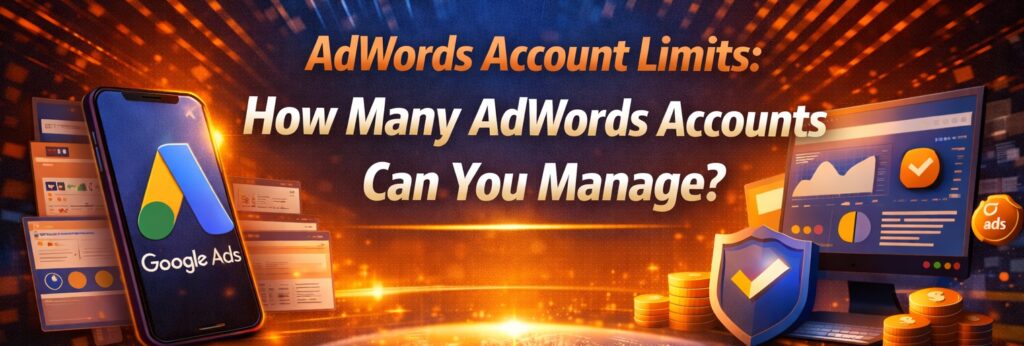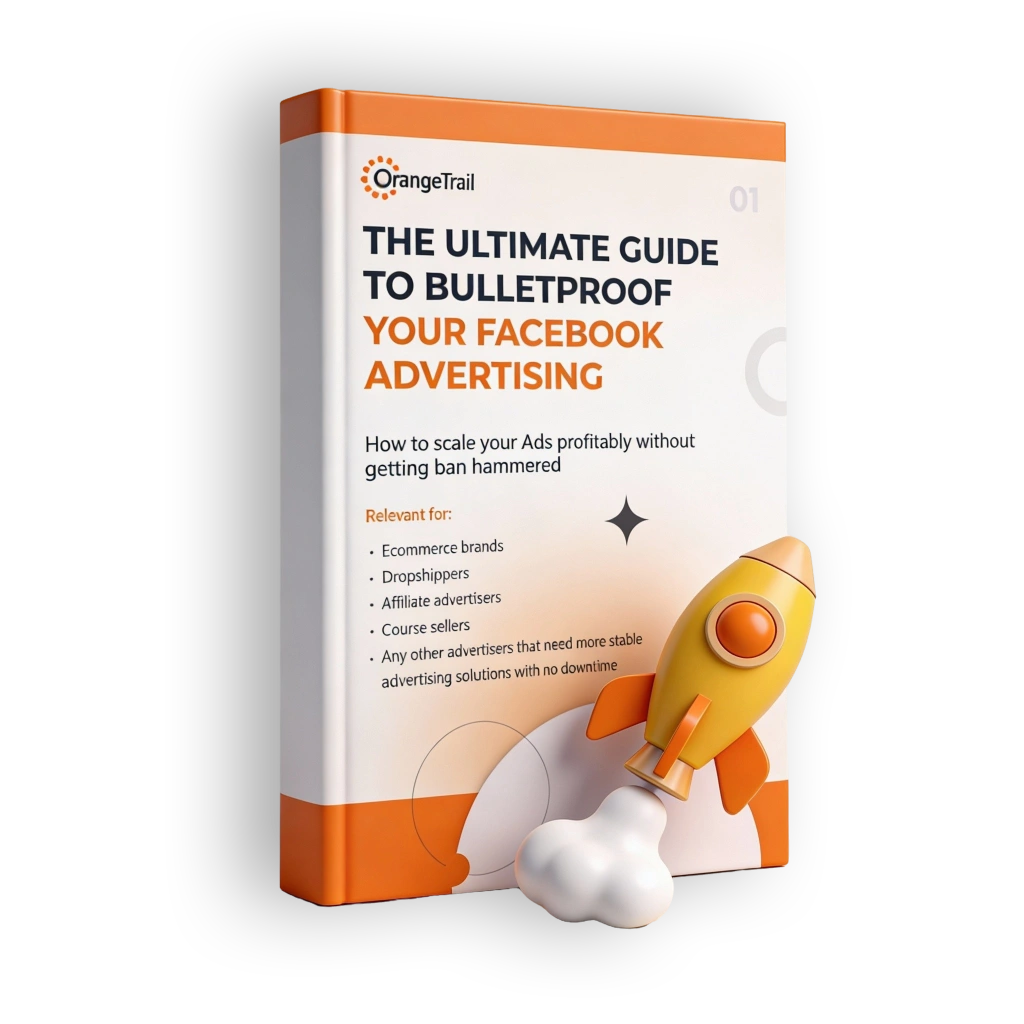Imagine pouring money into Google Ads but not seeing the results you expected. Are you leaving conversions on the table? Selecting the most effective approach ensures cost efficiency, maximizes ROI, and helps align ad spending with business goals. When running Google Ads campaigns, choosing the right bidding strategy can significantly impact your ad performance and return on investment. Two primary options are Smart Bidding, powered by machine learning, and Manual Bidding, which gives advertisers direct control over bid adjustments. But which approach works best for your business? In this article, we compare Google Ads Smart Bidding and Manual Bidding to help you determine the best strategy for your needs.
What is Smart Bidding?
Smart Bidding is a set of automated bidding strategies that use machine learning to optimize for conversions or conversion value in each auction. Google’s algorithms analyze vast amounts of data to adjust bids dynamically in real-time.
Key Smart Bidding Strategies:
- Target CPA (Cost Per Acquisition) – Adjusts bids to help get as many conversions as possible at your target cost per action.
- Target ROAS (Return on Ad Spend) – Aims to achieve the highest conversion value based on your return-on-ad-spend goal.
- Maximize Conversions – Uses your budget to get the most conversions possible.
- Maximize Conversion Value – Focuses on maximizing the total conversion value within your budget.
- Enhanced CPC (eCPC) – Adjusts manual bids based on the likelihood of conversion while maintaining some manual control.
What is Manual Bidding?
Manual Bidding allows advertisers to set individual bids for keywords, ad groups, or campaigns. This method gives complete control over bid adjustments based on performance insights and business objectives.
Key Features of Manual Bidding:
- Ability to set custom bids at the keyword level.
- Full control over budget allocation.
- Requires ongoing bid adjustments and performance monitoring.
Read also: Facebook Ads vs. Google Ads: Which is Better for Your Business?
Smart Bidding vs. Manual Bidding: A Detailed Comparison
| Feature | Smart Bidding | Manual Bidding |
| Control | Limited, relies on machine learning | Full control over bid adjustments |
| Optimization | Automated, real-time bid adjustments | Requires manual monitoring and changes |
| Performance | Data-driven, optimized for conversions | Performance depends on manual strategies |
| Ease of Use | Less time-consuming, automated | Requires active management |
| Ideal For | Businesses looking to automate & scale | Advertisers wanting granular control |
Pros and Cons of Smart Bidding
✅ Pros:
- Saves time by automating bid adjustments.
- Uses real-time data to optimize for conversions.
- Ideal for large-scale campaigns with high data volume.
❌ Cons:
- Less transparency and control over bidding decisions.
- Can be inefficient for businesses with small data sets.
- Requires accurate conversion tracking for best results.
Pros and Cons of Manual Bidding
✅ Pros:
- Allows precise bid adjustments based on business needs.
- Full control over budget distribution and keyword prioritization.
- Beneficial for small businesses with lower ad budgets.
❌ Cons:
- Requires constant monitoring and adjustments.
- Can be time-consuming for larger campaigns.
- Performance may fluctuate based on manual optimization skills.
Which Bidding Strategy Works Best?
The best bidding strategy depends on your campaign goals, budget, and level of expertise.
- Use Smart Bidding if: You want automated optimization, have a large dataset, and prioritize conversions.
- Use Manual Bidding if: You prefer full control, have a smaller budget, or need to make bid adjustments based on unique business insights.
- Hybrid Approach: Some businesses combine both strategies—using Manual Bidding for new campaigns and Smart Bidding for optimized scaling.
Conclusion
Both Smart Bidding and Manual Bidding offer unique advantages, but the right choice depends on your advertising goals. While Smart Bidding is great for automation and scalability, Manual Bidding provides control and flexibility for businesses that need hands-on optimization.
Maximize Your Advertising Success with OrangeTrail
Unlock the full potential of your Google Ads campaigns with OrangeTrail. Our Google ads agency accounts offer exclusive advantages, such as higher spending limits, reduced account suspension risks, and expert campaign management. Whether you’re looking to fine-tune Smart Bidding for optimal conversions or prefer a hands-on manual approach, our team has the expertise to drive results.
🚀 Book a free consultation with OrangeTrail today and let’s scale your advertising success together!
Read also: What Is a Google Ads Agency Account?








